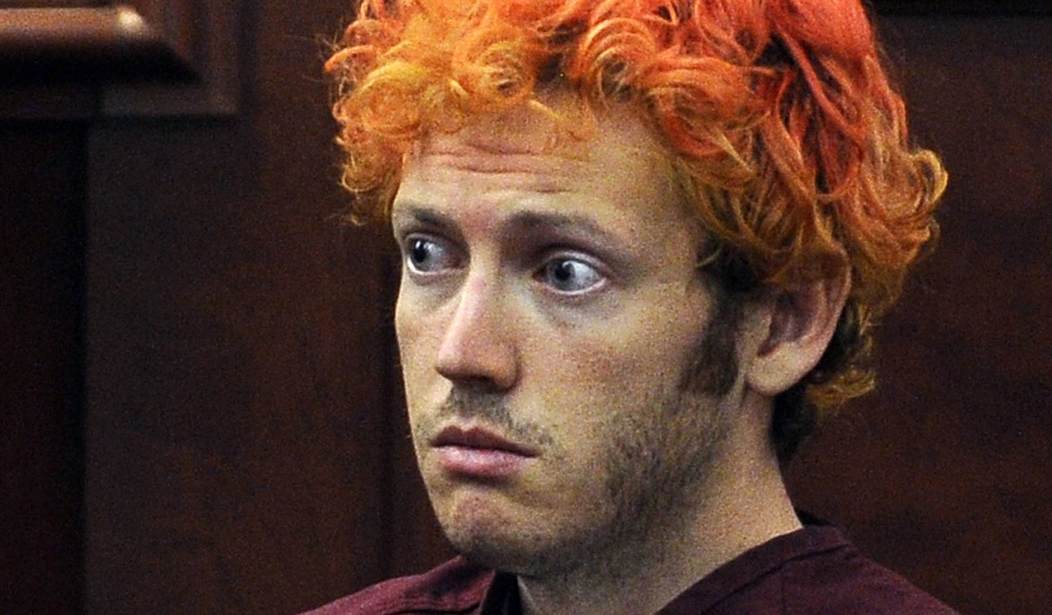Over the past few years the term "Deaths of Despair" has become all too common.
It's not a new term; after the fall of the Soviet Union, the already poor state of Russians' health deteriorated and lifespans declined. The same effect has been seen in places where social cohesion and support structures deteriorated for some reason or another.
And, not that many people know it, it was known in public health circles (before they conveniently forgot) that excessive "Non-Pharmaceutical Interventions" (NPIs) to address a public health crisis caused serious health problems that often were worse than the disease.
Anecdotally, we have all seen that since the start of the pandemic, lots of measurable and merely observable problems have popped up in society. School closures most obviously are related to the problem of learning loss and mental health decline in children, for instance, while other obvious problems have been harder to link to either the disease itself or to the NPIs.
This is probably the best evidence to date on how NPIs negatively impacted mental health. They found “significant causal effect of lockdown measures (stay-at-home and school closure orders)” on mental health. https://t.co/xoys2nI8lt
— DrTracyVaillancourt (@vaillancourt_dr) April 7, 2024
Some public health officials warned that the NPIs (and some of the pharmaceutical/medical interventions) would cause more harm than good, but the "consensus" view was that saving lives by stopping COVID made the risks worth it.
They didn't stop COVID. Everybody got it; even the "vaccines" did nothing to slow the spread.
Still, parsing out what effects the pandemic caused and what came from the NPIs has been tough.
Research published in Nature tells us what common sense would lead us to believe, but the evidence did not back up until now: COVID lockdowns directly harmed people's mental health.
This shouldn't shock us: locking people up and keeping them isolated has long been known to be harmful to mental health. Human beings are social creatures, so implementing something called "social distancing" will obviously not be good for us.
But it takes research to prove this, and this study does by successfully isolating the effects of the pandemic itself--obviously something that would increase anxiety, especially in the supercharged media environment in which we were constantly being told we were all going to die a horrible death--from the effects of the lockdowns themselves.
They can do this because, thank God, not everybody followed the idiotic policies being pushed out by the federal government. Given that states have police powers (health and safety) and not the federal government, at least to a large extent, some public officials deviated from the advice from the top.
What does the research show? The lockdowns were worse for our mental health than the disease's presence.
During the start of the COVID-19 pandemic in 2020, lockdowns and movement restrictions were thought to negatively impact population mental health, since depression and anxiety symptoms were frequently reported. This study investigates the effect of COVID-19 mitigation measures on mental health across the United States, at county and state levels using difference-in-differences analysis. It examines the effect on mental health facility usage and the prevalence of mental illnesses, drawing on large-scale medical claims data for mental health patients joined with publicly available state- and county-specific COVID-19 cases and lockdown information. For consistency, the main focus is on two types of social distancing policies, stay-at-home and school closure orders. Results show that lockdown has significantly and causally increased the usage of mental health facilities in regions with lockdowns in comparison to regions without such lockdowns. Particularly, resource usage increased by 18% in regions with a lockdown compared to 1% decline in regions without a lockdown. Also, female populations have been exposed to a larger lockdown effect on their mental health. Diagnosis of panic disorders and reaction to severe stress significantly increased by the lockdown. Mental health was more sensitive to lockdowns than to the presence of the pandemic itself. The effects of the lockdown increased over an extended time to the end of December 2020.
All that talk of "resilience" is and always was BS. We know that the people who pushed it were always lying because they tell us exactly the opposite all the time in order to get more funding and to push mental health treatments into the schools.
It will take years, even decades, to tease out all the harms caused by horrendous COVID-era policies, but some obvious results have already been trickling in. Deaths from alcohol abuse, for instance, skyrocketed by 30% during the pandemic. And no wonder--day drinking skyrocketed along with social isolation.
I experienced that myself and my doctor was appalled at why I was drinking more: I was bored and isolated. I bet you know many people who would tell you the same thing.
Excessive alcohol deaths surged 29% during COVID pandemic, CDC data reveals https://t.co/eveK10aeN0 pic.twitter.com/oiMluRJKVu
— New York Post (@nypost) March 9, 2024
We also spent a lot of effort informing people that they were not "essential" to society's functioning. We told kids they were vectors of disease. We handed computers to kids and encouraged them to go on TikTok. And we spent endless amounts of energy telling people society hated them and encouraging destruction.
You can see the results. It is no accident that alphabet ideology broke into the mainstream during the pandemic, that crime waves wracked the nation, that kids have opted out of school, and that faith in our institutions is at an all-time low.
The COVID lockdowns shattered social trust and will remain at disastrous lows as long as the people who pushed these policies remain in power and are celebrated by the elite. Celebrating the bureaucrats who ruined lives sends an obvious message: average people don't count. Kids don't count. Small business doesn't count.
Only the big corporations and the elite do. The rest of us are lab rats.








Join the conversation as a VIP Member